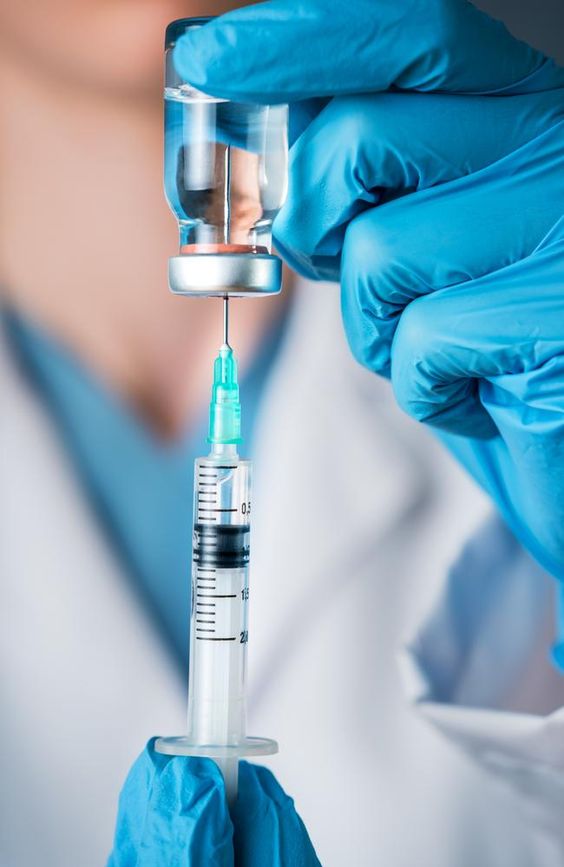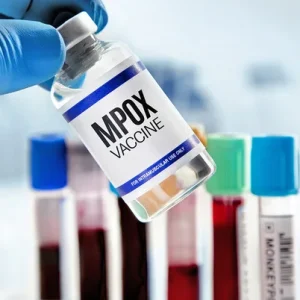Moderna, a US biotech company, announced on Thursday that it had submitted an emergency use authorisation request in the US for its COVID vaccination for children aged six months to under six years.
In the United States and most other nations, children under the age of six are the only age group that has yet to get a COVID-19 vaccine.
“We believe (this vaccine) will be able to safely protect these children against SARS-CoV-2, which is so important in our continued fight against COVID-19 and will be especially welcomed by parents and caregivers,” Stephane Bancel, the company’s CEO, stated in a statement.
The business stated in March that the two-shot regimen was determined to be safe and produced a significant immunological response in a trial.
Two doses of 25 micrograms given to babies, toddlers, and preschoolers produced similar levels of antibodies as two doses of 100 micrograms given to young individuals aged 18-25, indicating that protection against serious cases of the virus would be comparable.
A total of 4,200 children aged two to six years, as well as 2,500 babies aged six months to two years, took part in the study.
The side effects were modest and similar to those found in older age groups.
With the research taking place during the Omicron variant wave, the company discovered relatively low efficiency against infection.
The current generation of vaccinations was created to combat the virus’s initial strain.
When limiting the analysis to those instances verified positive on a positive PCR test, vaccine efficacy was 51 percent in children aged six months to two years, and 37 percent in children aged two to five years.
These were similar to vaccine efficacy estimates in adults during Omicron, according to Moderna, which is also looking into booster doses for all paediatric groups.
The reduced efficacy for two doses could be a stumbling hurdle in the approval process.
The Food and Drug Administration (FDA) postponed a meeting of a panel to review the Pfizer-BioNTech COVID vaccination for children under the age of five in February, stating that it needed more data on how three doses performed before making a decision.
The corporations claimed they expected the data to be ready in April at the time, but haven’t offered an update since.
When examining a vaccine for newborns, scientists must carefully consider the risk-benefit ratio.
Children under the age of five have a very low chance of serious disease, even if they are not vaccinated. According to official figures, there have only been 476 deaths in this age range in the United States since the outbreak began.
MIS-C, a post-viral inflammatory syndrome, has been reported in nearly 8,000 children in the United States, resulting in 66 deaths.





